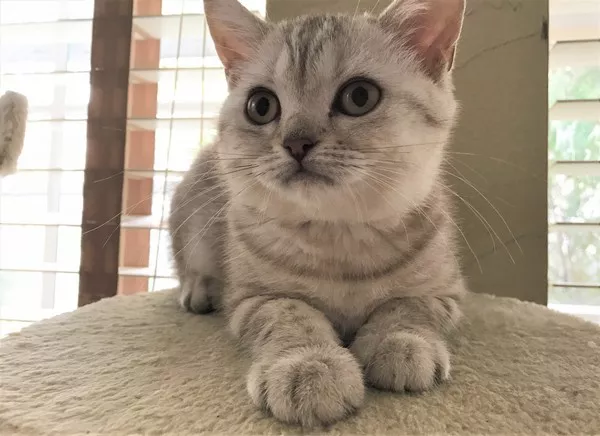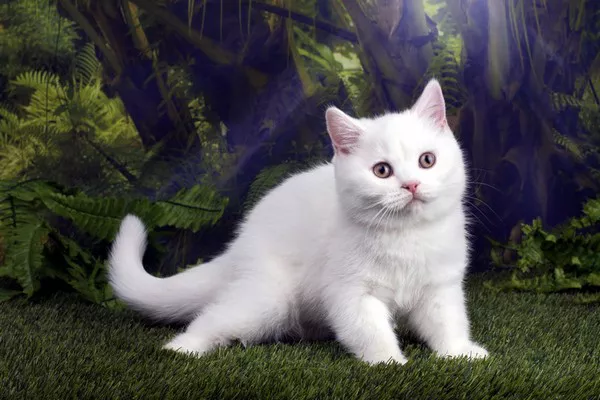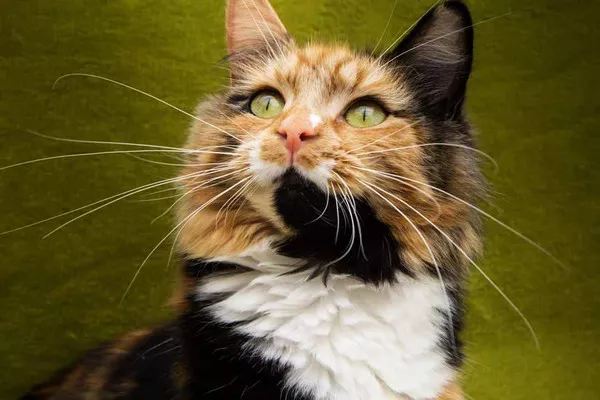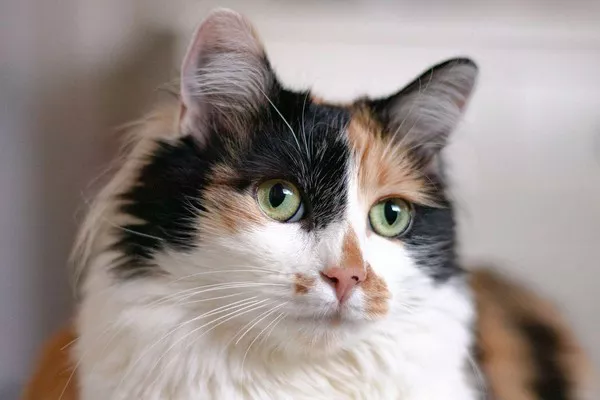The British Shorthair, with its plush coat, round eyes, and amiable temperament, is one of the most beloved feline breeds worldwide. Known for their sturdy build and easy-going nature, these cats require a specific diet to maintain their health and well-being. This article delves into what foods British Shorthair cats eat, examining their dietary needs from kittenhood through to their senior years, along with insights on how to manage their weight and potential health issues through proper nutrition.
Optimal Nutrition for British Shorthairs: Macronutrient Breakdown
Protein: The Cornerstone of Feline Diet
For British Shorthairs, as with all cats, protein is a crucial component of their diet. Cats are obligate carnivores, which means their bodies are designed to thrive on nutrients found primarily in animal products. Proteins are essential for muscle maintenance, growth, and overall health. British Shorthairs, in particular, benefit from high-quality animal protein sources like chicken, turkey, fish, and beef. These proteins should be at the forefront of their diet to support their robust physique and muscle mass.
Fats: Essential but Moderated
Fats are another important part of a British Shorthair’s diet, providing energy, aiding in the absorption of certain vitamins, and contributing to a healthy coat and skin. However, due to their laid-back nature and lower energy levels compared to other breeds, British Shorthairs are prone to obesity. Therefore, their fat intake must be carefully monitored. Omega-3 and omega-6 fatty acids are particularly beneficial, promoting brain health and reducing inflammation.
Carbohydrates: A Controlled Approach
While not a natural component of a feline’s ancestral diet, carbohydrates are present in many commercial cat foods. In moderate amounts, carbohydrates can provide a useful source of energy. For British Shorthairs, it’s essential that these are complex carbohydrates, such as those from vegetables or whole grains, to prevent spikes in blood sugar and to aid in maintaining an ideal weight.
Vitamins and Minerals: Supporting Health and Vitality
British Shorthairs need a range of vitamins in their diet:
Vitamin A is crucial for maintaining healthy vision.
Vitamin D is essential for bone health and calcium absorption, critical for this sturdy breed.
Vitamin E plays a role in fat metabolism and cellular function.
These vitamins are typically well-supplied in a balanced commercial cat food but can also be supplemented through diet if recommended by a vet.
Important Minerals
Minerals such as calcium, phosphorus, and magnesium must be carefully balanced in a British Shorthair’s diet, particularly to support their muscular build and prevent urinary health issues, which are common in the breed. Ensuring a correct balance helps in maintaining strong bones and healthy teeth.
Dietary Considerations: Life Stage and Health Conditions
Kitten to Adult: Growth and Maintenance
British Shorthair kittens require diets rich in protein and calories to support their rapid growth and development. As they transition to adulthood, the calorie content should be adjusted to avoid unnecessary weight gain. Adult British Shorthairs require a balanced diet that maintains muscle mass and supports overall health without overfeeding.
Senior Cats: Adjusting for Age
As British Shorthairs age, their metabolic rate slows down, and their diet may need adjustments to accommodate decreased activity levels and changing health needs. Senior diets often have increased fiber content to aid in digestion and reduced calories to help manage weight. Supplements like glucosamine can be beneficial for joint health, which is crucial as these cats are prone to arthritis.
Weight Management: Preventing Obesity in British Shorthairs
Given their propensity for gaining weight, managing the diet of a British Shorthair is critical for preventing obesity. Regularly monitoring their weight, providing portion-controlled meals, and ensuring they get adequate exercise are all key strategies. It is also advisable to discuss their diet with a veterinarian, who may recommend a specific weight management food or plan.
Common Health Issues Influenced by Diet
Urinary Tract Health
British Shorthairs are susceptible to urinary tract problems, such as urinary stones or feline lower urinary tract disease (FLUTD). Diets formulated to maintain a healthy urinary pH and promote water intake can help manage these risks. Wet food can be particularly beneficial for increasing water intake.
Cardiac Health
Due to their muscular build, British Shorthairs can also be at risk for hypertrophic cardiomyopathy, a form of heart disease. Diets with adequate levels of taurine, an essential amino acid for heart health, are vital. Taurine is naturally found in animal-based proteins and should be a guaranteed component in any commercial cat food tailored for British Shorthairs.
Conclusion: Tailoring Nutrition for Optimal Health
The dietary needs of British Shorthair cats are shaped by their specific breed characteristics, including their body structure and potential health issues. A diet rich in high-quality proteins, moderated in fats and carbohydrates, supplemented with essential vitamins and minerals, and adjusted according to the different life stages can promote a long, healthy, and vibrant life for these cherished pets. Owners should work closely with veterinarians to tailor their British Shorthair’s diet, considering not only the nutritional essentials but also the cat’s individual health requirements and preferences. This careful approach to nutrition can help maintain the British Shorthair’s health from the playful kitten days through to their dignified senior years.



























